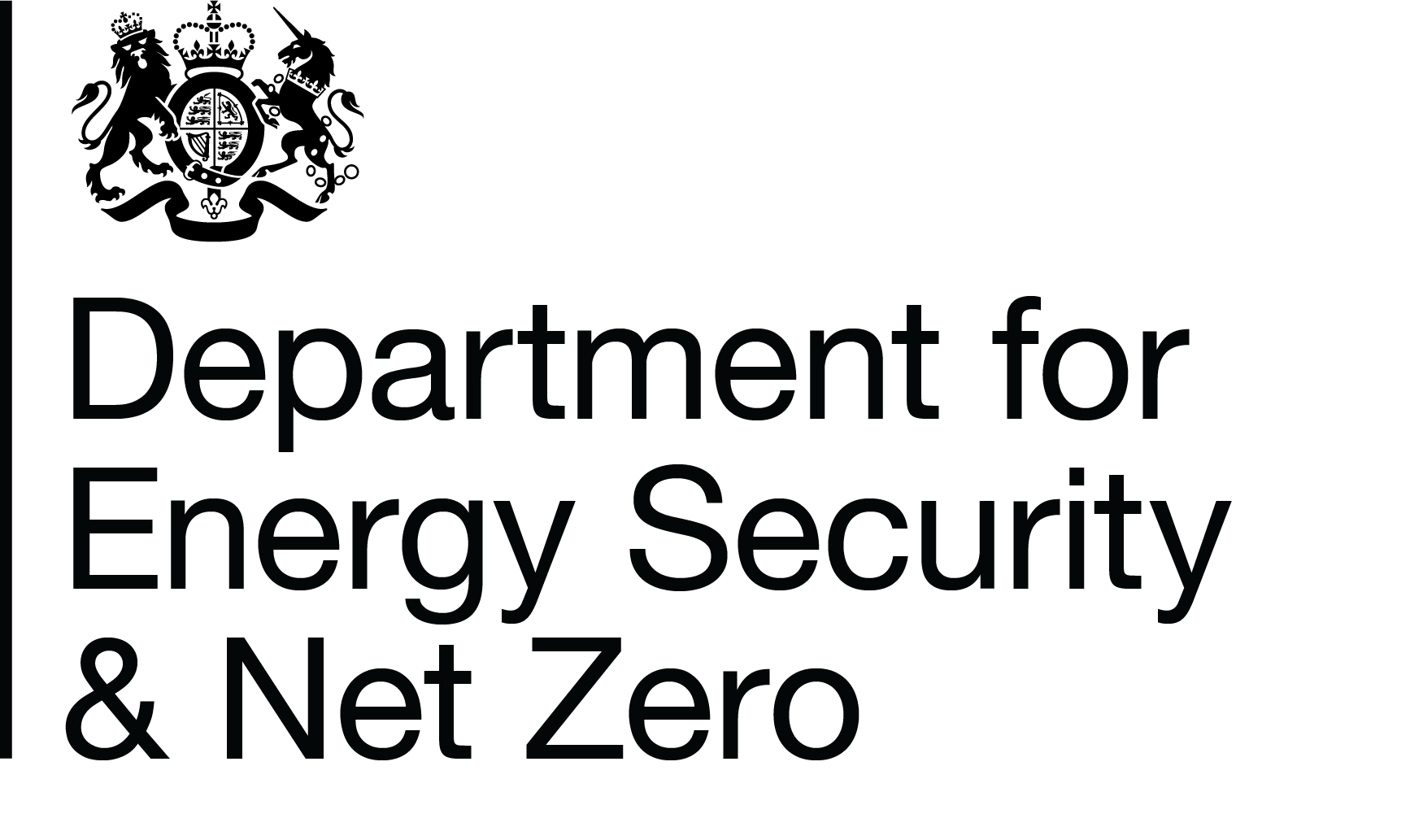Domestic consumers with non-domestic energy contracts
Overview
This call for evidence aims to increase our understanding of domestic consumers who receive their energy via a non-domestic contract (defined as contracts which are typically used to serve non-residential properties, such as businesses or charities), the reasons for those arrangements and what prices they face. This information will help us determine if any longer-term protections are required for these consumers.
You are a domestic consumer if you are supplied or requiring to be supplied with gas or electricity at a domestic premise (e.g. your home).
Non-domestic energy contracts differ from domestic contracts in the following ways:
- Non-domestic energy contracts are for a set period of time whereas domestic energy contracts are generally rolling, i.e., there is no end date. To avoid confusion with domestic fixed-term contracts this is only for the duration of the contract itself, the price is not fixed. (Note: there’s often a fixed period when signing up to a new domestic supplier, but once that expires, the contract starts to roll)
- Cancellation terms - domestic contracts allow consumers to switch suppliers whenever they want. Consumers with non-domestic contracts do not have this option as they must stay with their supplier for the duration of their contract.
- Domestic contracts have a cooling off period, non-domestic energy contracts do not.
The current consumer support arrangements for those that receive a direct supply from their supplier are:
- Energy Price Guarantee: This scheme limits the unit price households pay for electricity and gas across the UK. It brings a typical household energy bill in Great Britain down to the equivalent of around £2,500 per year (for the period of 6 months) from 1 October 2022 to end of March 2023 (with equivalent support in Northern Ireland). On 15 March the Chancellor announced that the Energy Price Guarantee will be kept at £2,500 for an additional three months from April to June.
- Warm Home Discount: One-off £150 rebate on eligible consumer’s winter energy bill each year (domestic contracts only)
- Winter Fuel Payments: Between £100 and £300 are paid automatically to those in receipt of State Pension or other social security benefit (domestic contracts only).
- Cold Weather Payments: A £25 payment for vulnerable households on qualifying benefits when the weather is or expected to be unusually cold (domestic contracts only).
- Energy Company Obligation: obligated energy suppliers provide energy efficiency measures to fuel poor, vulnerable and low-income households.
- Affordable Warmth Scheme (Northern Ireland): a grant aimed at low-income households of up to £10,000 to install energy efficiency and improved heating measures.
Current consumer protections for consumers groups within scope of this call for evidence are:
- Maximum resale price: Ofgem’s Maximum Resale Price Provisions state the maximum price at which gas or electricity may be resold is the price that the reseller paid per unit of energy and the standing charge. It should be noted that not all consumer groups (e.g., tenants on inclusive rents) benefit from this provision.
- Energy Back-billing: Ofgem have banned suppliers from issuing customers with back-bills for energy used more than 12 months prior to the date of the bill.
Read the consultation document on GOV.UK: the page includes a link to a Word form.
Audiences
- Consumers
- Consumers
- Charities
Interests
- Fuel poverty

Share
Share on Twitter Share on Facebook